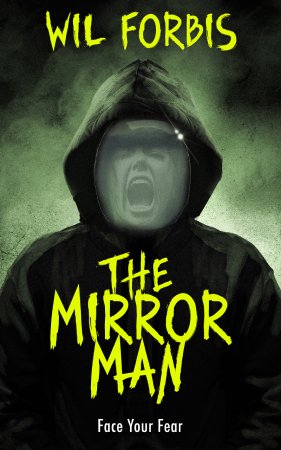
Mitch Hedberg is probably my favorite comedian. He’s dead now (he died young from a drug overdose combined with a pre-existing heart condition) but had an active career in the 90s to the 2000s. He was famous for acerbic, single-line gags like, “Rice is great if you’re really hungry and want to eat 2000 of something.“
Now, lately, I’ve been reading a lot about the philosopher Ludwig Wittgenstein. He was a 20th-century philosopher of language who argued that words do not simply label fixed, pre-existing categories, but gain their meaning from how they are used in various human activities—what he called “language games.” His famous dictum was, “The meaning is the use,“ meaning it’s how words are used in everyday conversation that’s important, as opposed to some “official“ dictionary definition.
It’s a tricky concept to understand at first, but I think it becomes clear looking at a lot of comedy, particularly the jokes of Hedberg and also George Carlin.
Hedberg‘s most famous joke was, “I used to do drugs. I still do, but I used to too.”
It’s not so much a joke as a trick. You presume from the first part of the sentence that Hedberg is saying he did drugs in the past, but no longer does them now. But you’re surprised when the second half of the joke arrives. You might even want to complain. “But you said…?“
What Hedberg is doing is setting up the literal meaning of the words against the colloquial common interpretation. If you say, “I used to do drugs,“ there’s nothing stating you aren’t still doing them. But the common interpretation—the way that phrase is used in conversation—presumes that in fact, you have stopped doing drugs.
This is basically Wittgenstein’s observation: words and phrases have multiple meanings. There are the proper definitions, and the unofficial common ones.
Hedberg’s rice joke plays in the same space. We tend to think of a serving of rice as a single thing (the common interpretation), but it is, in fact, really a lot of little things. (Of course, when you consider the atomic/quantum structure of the world, everything is a lot of really little things.)
Some people might be surprised to learn I’m not a big fan of George Carlin. I like some of his 60s and 70s work well enough, but I feel he eventually fell into a kind of angry paranoia and condescending cynicism. That said, I’ve always loved his joke “Isn’t it a bit unnerving that doctors call what they do ‘practice’?”
Like Hedberg, Carlin is setting two meanings of the word against each other. One meaning is something like “a common set of recurring processes.“ The other is more like “things you do to get better at something.“ We want doctors to be doing one, but not the other.
Why This Matters: Language, Comedy, Miscommunication
Both Hedberg and Carlin got substantial comedy out of this Wittgensteinian observation that words have different meanings in different contexts, and often those meanings contradict each other. But Wittgenstein’s more sober point was that this issue causes a lot of the world’s problems. People talk past each other, assuming their interpretations of the words they are using are being understood by their interlocutors, when they are not.
This BBC article—https://www.bbc.com/culture/article/20150202-the-greatest-mistranslations-ever—looks at various cases of historical miscommunication. Some could’ve had quite deadly results, such as…
In 1956, Soviet premier Nikita Khrushchev was interpreted as saying “We will bury you” to Western ambassadors at a reception at the Polish embassy in Moscow. The phrase was plastered across magazine covers and newspaper headlines, further cooling relations between the Soviet Union and the West.
Yet when set in context, Khruschev’s words were closer to meaning “Whether you like it or not, history is on our side. We will dig you in”. He was stating that Communism would outlast capitalism, which would destroy itself from within, referring to a passage in Karl Marx’s Communist Manifesto that argued “What the bourgeoisie therefore produces, above all, are its own grave-diggers.” While not the most calming phrase he could have uttered, it was not the sabre-rattling threat that inflamed anti-Communists and raised the spectre of a nuclear attack in the minds of Americans.


